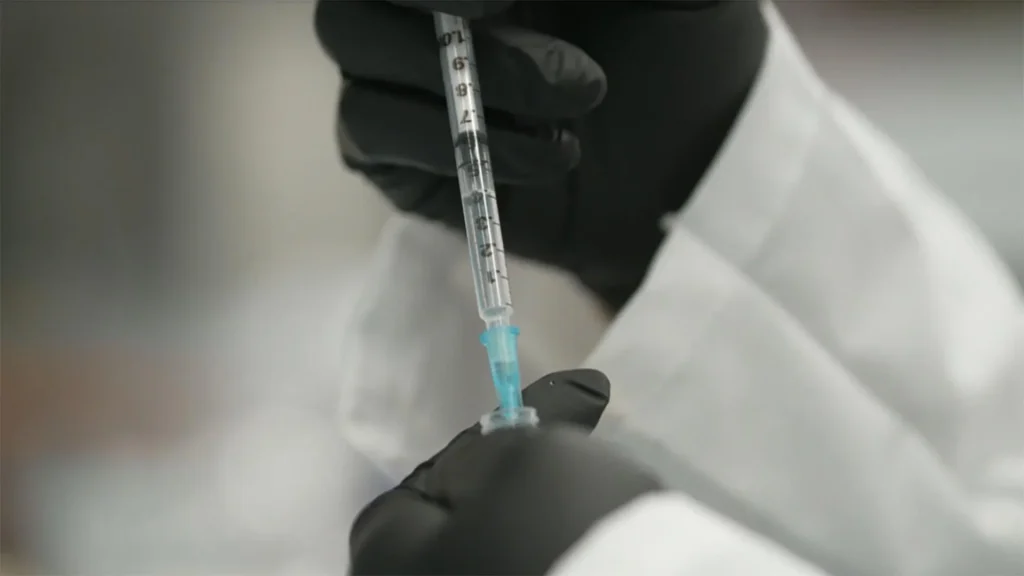The Trump administration’s significant budget cuts and layoffs at the National Institutes of Health (NIH) and National Cancer Institute (NCI) are pushing cancer research into the realm of politics and sparking alarm among medical professionals and patients alike.
Top specialists many once familiar figures in oncology have traveled to Washington, D.C., to confront lawmakers. Their concern: unprecedented funding reductions threaten the momentum of life-saving clinical trials and fundamental research.
From Scientific Collaboration to Political Battlefront
Once regarded as a bipartisan issue, cancer research is increasingly entangled in political decisions. Lab closures and staff reductions across NIH divisions have halted studies and delayed new therapies. The cancellation of hundreds of grants totaling billions has rattled the scientific community and shattered long-term planning.
Human Cost: Patients and Researchers at Risk
Layoffs aren’t just numbers they affect lives. Talented young scientists are reconsidering careers in cancer research amid professional uncertainty. Patients involved in trials for novel treatments now face uncertain futures. The shrinking research infrastructure directly impacts hope for breakthroughs and accessible cancer care.
The Broader Threat to Public Health
Experts warn that dismantling cancer research undermines national health priorities. These cuts jeopardize progress on prevention, early detection, and treatment. They could also diminish the U.S.’s global leadership in biomedical science and inhibit future discoveries in oncology and beyond.
Making Cancer a Political Issue
What was once a shared national concern has become a partisan battleground. With science funding at stake, cancer now sits at the intersection of policy and health. Congress, advocacy groups, and public voices are being called to maintain cancer research investment and safeguard America’s future.



Comments (0)
No comments yet. Be the first to comment!
Leave a Comment